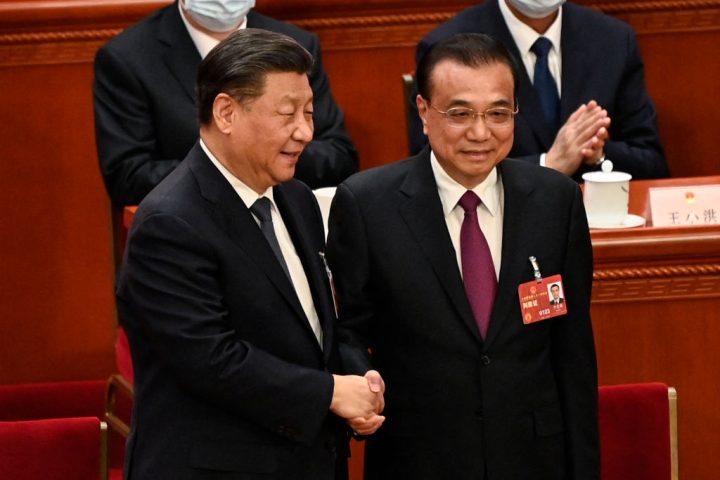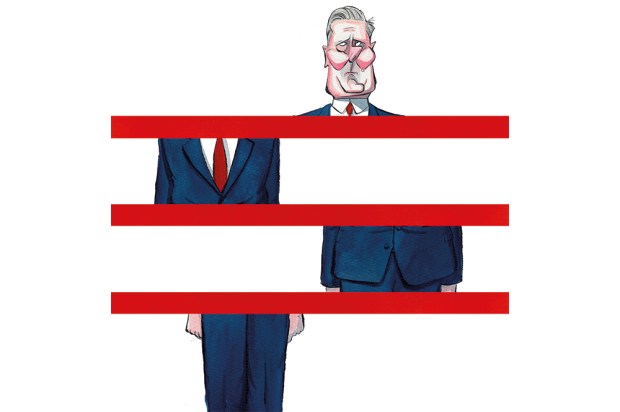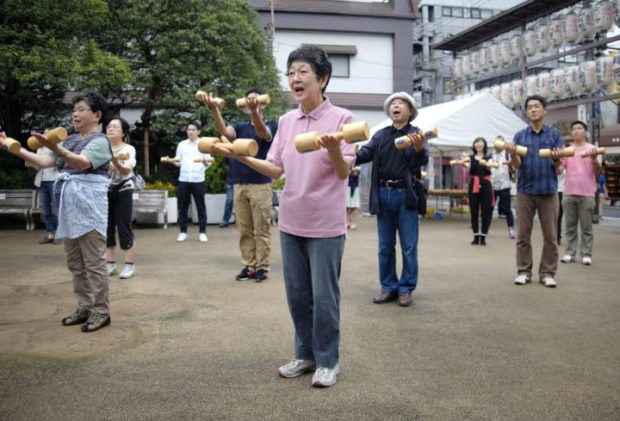Political deaths in China always carry the risk of social unrest. It was premier Zhou Enlai’s death that triggered the ‘democracy wall’ movement of the late 1970s, a student protest that was the precursor for the Tiananmen Square protest ten years later. In turn, the latter protest was triggered by former Chinese Communist party (CCP) leader Hu Yaobang’s death. Last night, the former premier Li Keqiang passed away of a sudden heart attack at the age of 68, so reports Chinese state media Xinhua. A few things will happen now.
It’s true that Li was not as well loved by the Chinese people as Zhou, nor was he explicitly associated with a liberalising reform agenda in the way that Hu was. Nevertheless, the premier with a PhD in economics was seen as something of a counter-weight to Xi Jinping: more business-friendly, more reform-minded, and at one point seemed to criticise zero Covid, (the economy was ‘to some degrees worse’ than in 2020, he warned last year). One wonders what China led by Li (he lost out on the top spot to Xi) might have looked like.
With Li’s passing, another big beast has exited China’s elite politics
The next few weeks will show whether Li might become another vehicle for the public’s discontent in other areas. After all, the crowds that initially turned out to mourn Zhou and Hu quickly turned into protests about China’s other problems – corruption, the cost of living, the ever-further prospects of democracy.
With the embers of last November’s anti-lockdown protests not yet cold, could the death of Li be the spark that re-ignites social unrest in the China of 2023? There’s certainly enough discontent simmering beneath the surface: the economy hasn’t rebounded as much as many hoped it would after zero Covid, youth unemployment was at 21 per cent before the government stopped releasing the number altogether, and homeowners live in fear that their assets will be further deflated by a housing bubble burst. When I visited China in July, many told me about how their businesses and livelihoods just haven’t returned to pre-pandemic levels.
The government seems very alive to this possibility. The online censorship machinery in China has already stepped into gear. On Weibo, the Chinese social media platform, tributes by foreign embassies and less mainstream Chinese media are carefully managed, with the comments section closed off. It seems that only state-sanctioned mourning is allowed – the exact same bland statements such as ‘go peacefully’ or ‘taken too soon’ are suspiciously repetitive.
Over the next few weeks, the censors will have to strike a careful balance. They can’t totally shut down displays of grief for a premier who was widely respected without risking a backlash, yet they can’t let the mourning run away into popular discontent, still less into comparisons between Li and Xi that are less than flattering of the president. (After all, only last week Chinese censors took off the shelves a book on the failures of the last Ming emperor, for fear that a modern reader would read it as an allegory of the current emperor.)
As for Xi Jinping and others within the CCP elite, this memento mori may also raise the question of succession. Xi is two years older than Li, and with the abolition of de facto term limits in China, nobody quite knows who his successor will be. He likes to keep it that way, as having a name would only fuel speculation of his own departure or risk creating an alternative power base.
But with no successor, what happens if it’s Xi who has a sudden heart attack, or something else? (There were already rumours that he’d pulled out of his speech at the BRICS summit in August because he’d suffered a stroke).
The problems of an ageing authoritarian are clear to see, but they may be less than the power vacuum left by the ageing authoritarian dying suddenly. With Li’s passing, another big beast has exited China’s elite politics. The prospect of a gaping chasm left by Xi’s eventual departure has just got more scary.
Got something to add? Join the discussion and comment below.
Get 10 issues for just $10
Subscribe to The Spectator Australia today for the next 10 magazine issues, plus full online access, for just $10.





















Comments
Don't miss out
Join the conversation with other Spectator Australia readers. Subscribe to leave a comment.
SUBSCRIBEAlready a subscriber? Log in